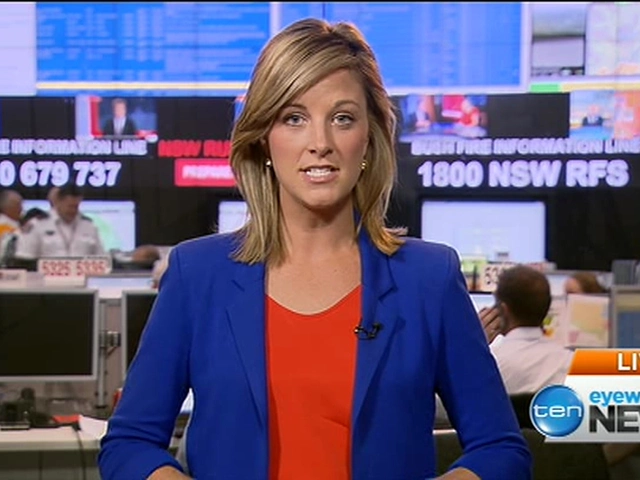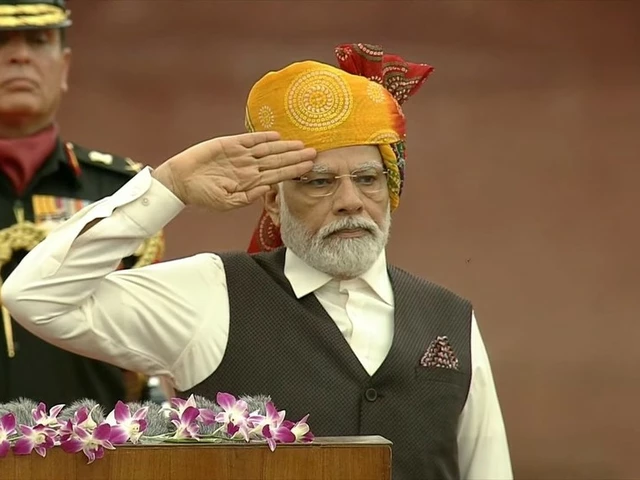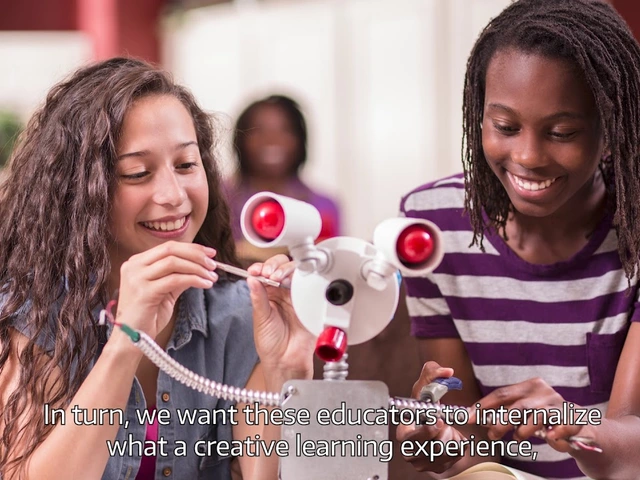Unravel the Web: Social Media and News
I think we can all agree on one thing, it's impossible not to touch on social media if a conversation about news pops up. Heck, even my golden retriever Rocky and my cockatiel Beaker seem to have opinions about the latest Twitter storm. Speaking of storms, hold onto your hats folks, we're going to dive deep into the cyclonic world of how social media influences our news.
Breaking Tweets: News Travels Faster Than Light
You know what's faster than a speeding bullet, more powerful than a locomotive, and able to leap tall buildings in a single bound? No, not another Hollywood reboot of Superman. News, my friends, news in the age of social media! Suddenly, everyone with a Wi-Fi connection is an on-the-scene news reporter. Whether it's Aunt May spotting a fire or your next-door neighbour tweeting about the traffic, news now travels at the speed of share.
Imagine this: you’re scrolling on your phone, while Rocky’s snoozing in your lap and Beaker’s sing-songing in his cage. One moment you’re checking out what your high school friend had for breakfast halfway across the world and in the next second you’re learning about a volcano erupting in remote Iceland. Thanks to Joe Tourist who was live streaming the whole dramatic ordeal, we now receive news - as it happens, when it happens, with a mere flick of a thumb.
Hashtags and Public Opinion: A Match Made in Twitterverse
But social media isn’t just about speed, it's also about reach. A hashtag that begins in the sleep-deprived cranium of a university student can catch fire globally in a matter of hours. Suddenly, #YouHadOneJob or #SorryNotSorry are not just trending topics, they are news. They influence public discourse, change narratives, and have the power to bring issues to the mass media's attention.
Take it from someone who once became an unwilling viral sensation when a video of me being chased around my backyard by Rocky with my underwear in his mouth blew up. And just like that, #UnderwearChase became the flavor of the day. A personal humiliating experience became an overnight sensation, and for a while, it was news, laughter, and memes all around. Look, I survived to tell the tale, and even harnessing it to illustrate how potent and widespread conversations can become in this digital age.
Fact-checking in the Digital Age
Though it's loads of fun to see #DogBaldSpots conquer the trending charts, it's also crucial to realise that with great speed, comes great responsibility. In an era of fast food and faster news, it's easy to fall for misinformation or ill-researched stories hiding behind clickbait-y headlines.
That's why it's necessary to exercise some digital caution. Doing a quick fact-check before sharing information isn't just vital, it's a form of digital citizenship. Remember that rumour about the crocodile in Sydney Harbour? Had me scouting for a rowboat to come to Rocky and Beaker's rescue! But alas, it was just another hoax that made the rounds faster than the speed of truth.
The Filter Bubble: Is Your Social Feed Your World?
The concept of "filter bubbles" sounds like something a five-year-old might dream up, but it's a very real phenomenon. Thanks to complex algorithms, everyone’s feed is tailored to their consumption, creating a comfort zone or ‘bubble’ that curates the kind of news and information we receive.
That time when Rocky munched on your precious Prada shoes, did you notice several ads popping up about dog training immediately? Scary isn’t it? It's easy to forget that the digital domain paints a very personalised picture of the world, hence it's crucial to continually seek out diverse sources of news.
Activism in the Palm of Your Hand
While we can curse social media for its hammers and tongs, let's not dismiss the silver linings. The power to influence, to mobilise, to effect change lies in our very hands. An Instagram post, a Twitter thread, a Facebook share can help raise awareness about social issues, environmental challenges, and more.
Remember the ALS Ice Bucket Challenge or the Women's marches that were organised using social media? These are examples of how we can use the power of social media for genuine good. And hey, if we can avoid situations like my #UnderwearChase from going viral, even better!
The Ripple Goes Both Ways: Traditional Media’s Influence on Socials
It’s not one-way traffic here. Traditional media influences social communities too. The echo seen on social media after a compelling piece by a credible newspaper or a hard-hitting news channel signifies its impact and the significance of such platforms in directing social discourse. Essentially, they're like a game of digital ping-pong.
Remember when The Guardian featured my encounter with Rocky? The story was picked up by social media, producing an aftermath of reactions, discussions, and yes, more memes. Although this was a lighthearted example, it demonstrates how mainstream media's themes often reverberate through social platforms.
Epilogue: The Future of News in the Realm of Social Media
Tug at a single thread and you'll find it intricately woven with a myriad of other threads. It's the same with social media and news. They intertwine, influence each other, and shape our understanding of the world. The fact that both platforms impact one another is the new world order of news.
But fear not, my friends, whether you're like me looking out for the next dog-flinging-underwear chase or you're keen on being in the know, always remember: social media is a tool. It's there to be used wisely, responsibly. Sure, indulge in that daily dose of doggos, chuckle at hilarious hashtags, but remember to verify before you amplify. Stay curious, stay engaged, and keep those minds open.
- Poplular Tags
- social media
- news impact
- information dissemination
- media influence













Write a comment